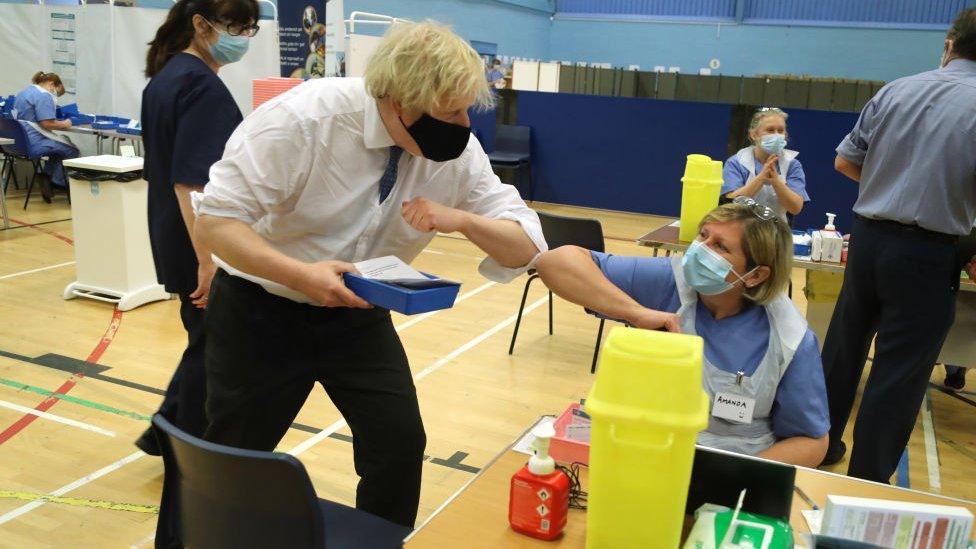Covid-19: Can more mayors heal the 'North-South divide'?
- Published
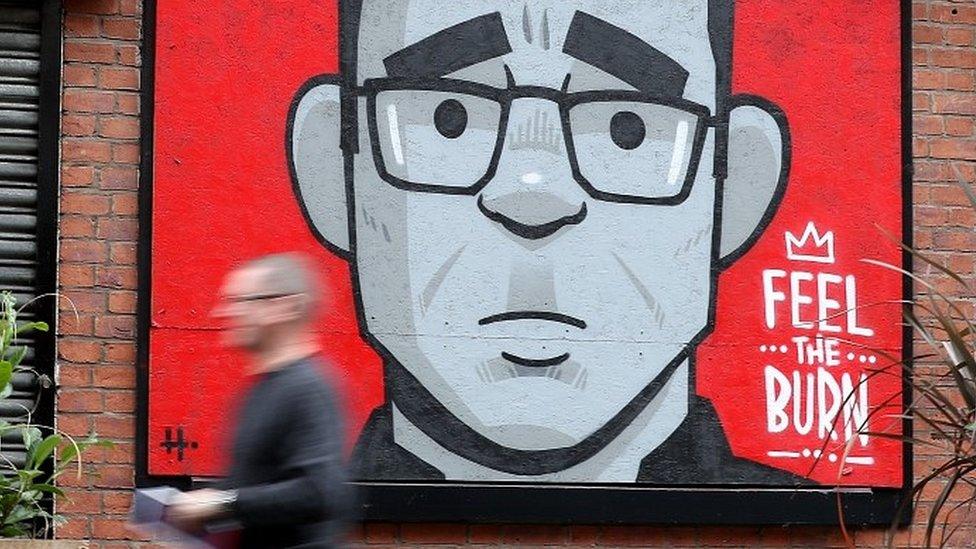
Manchester's Andy Burnham has had several run-ins with ministers during the pandemic
The pandemic has exacerbated concerns of a "North-South divide". So what can be done?
People are still milling about in central Manchester, but instead of stopping to browse or grab a bite they wander past shuttered shops.
The city has had to get used to restrictions. Last year they remained in place in Manchester, while elsewhere they were eased.
Local leaders got angry, including Greater Manchester's Labour mayor, Andy Burnham.
He went toe-to-toe with the government in a stand-off over support, suggesting that despite the significant help on offer for business, parts of the North were getting an unfair deal.
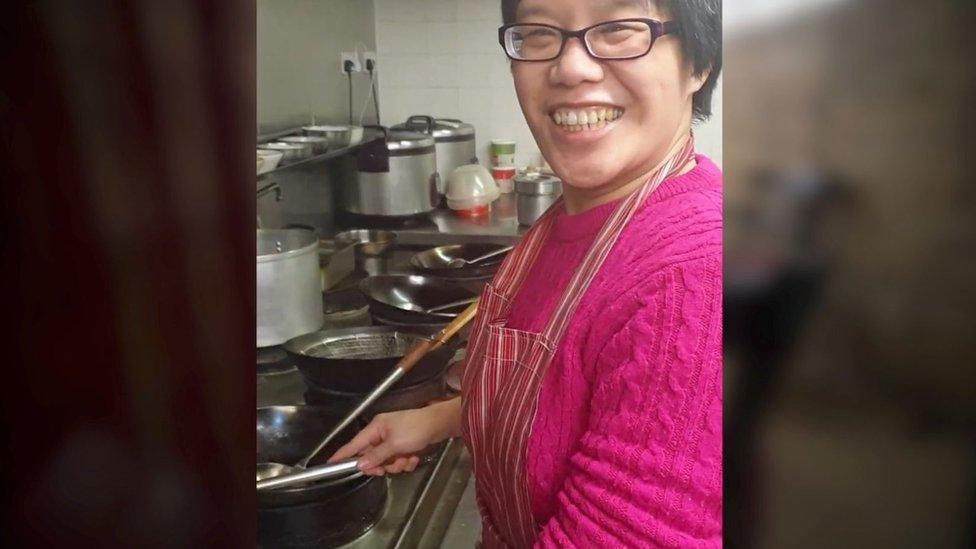
Lisa Chee describes lockdown as one of the hardest times in her business life
At Sweet Mandarin, a restaurant in the city, owner Lisa Chee has a similar view.
She says businesses have had to support each other - she even set up a coaching firm - and the hospitality sector felt very hard hit.
"Is there a North-South divide? Maybe," she said. "It certainly felt that when we were working so hard to follow the rules, we got penalised.
"We've been a business that's been around for a long time, and we've been through ups and downs. This has been one of the hardest points of the journey."
Tensions
Manchester hasn't been the only place to push back against central government policy during the pandemic.
In the West Midlands, Conservative mayor Andy Street did the same, arguing against extra restrictions there, even while ministers insisted they were fair and necessary.
The pandemic has raised the profile of these elected mayors, while raising tensions between central and local government - and questions about who is best-placed to hold power and make local decisions.

Andrew Oliver wants Manchester to have a bigger national voice
At Dawsons Music in Manchester, owner Andrew Oliver welcomes the idea of a local political advocate who might attract investment to the area but, he says, it should be in conjunction with national government.
"It's great to have a mayor… to strengthen Manchester's cause," he said. "There is that adage that those who shout loudest get, and we need to make sure Manchester and other cities do that.
"But there needs to be a balance. Yes, we should fight for what we need, but not at the expense of having a voice at national level and having the ability to shape the whole country, not just our little areas."
There have been discussions in government about further devolution in England - whether more powers could be handed down and in what form.
A white paper setting out the thinking on devolution was expected last year, but has been delayed.
Investment
It's an issue that could prove crucial to the government's "levelling-up agenda", particularly given the fear that this pandemic has exacerbated inequalities - a key challenge when it comes to economic recovery.
The government says it will bring the white paper forward in "due course", and a spokesman said levelling up and empowering regions by devolving money, resources and control away from Westminster remains at the centre of the government's agenda.
In Hull, the city council has teamed up with nearby East Riding of Yorkshire to submit a proposal to government for a devolution deal which, if approved, would mean an elected mayor for the area.
In a joint statement, the two council leaders describe it as an exciting opportunity that could attract investment and result in more local decision-making .
So do people in Hull agree?
Some in Hull view the Westminster government as too remote
In the city centre, several people expressed the view that the government was too remote, with one woman saying: "They don't know how we live in the North. I think we're at the end of the line. We're forgotten."
But while there was support for idea of mayor with some power, it wasn't universal.
"I think there's plenty of scope for local choice now," one man said. "When it goes bad, they blame Westminster; when it goes good, they take the praise for it. I don't think a local mayor with political power would change anything."
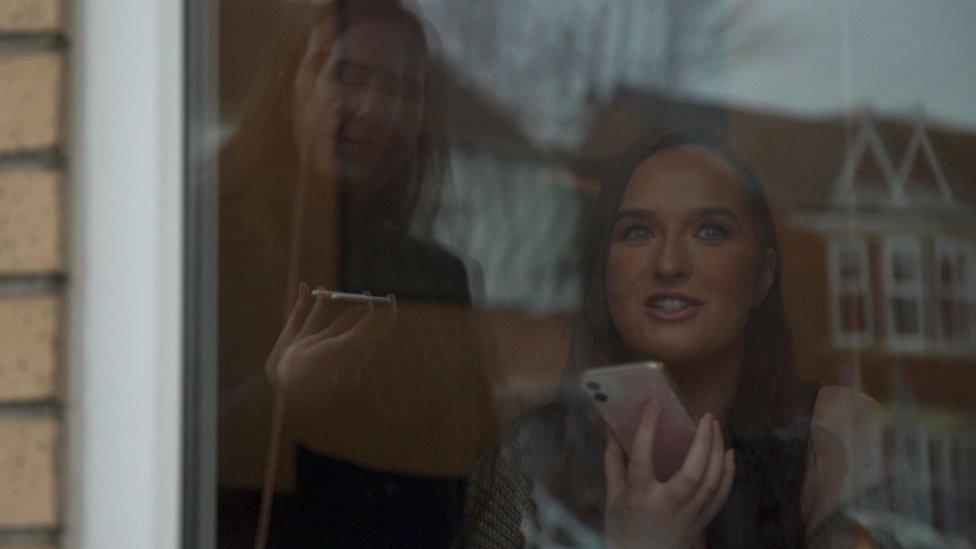
Ella Ounsworth says young people in Hull need a champion
For 23-year-old Ella Ounsworth, any representative must understand how to reach young people.
She had help from a Hull City Council scheme to start her own beauty business, but says many of her peers wouldn't know where to look for support.
"I don't think anybody my age knows anything about where to turn to," she said. "If a mayor came in and knew how to engage with people my age, it would work."
Across England local government is complex, often multi-layered, and varies significantly from place to place.
There are questions about how effective the current system is, including elected mayors, when it comes to affecting change.
Finding a model that works for Manchester and Margate or Hull and Hampshire might not be easy, but as the country starts to recover from this pandemic, it could prove crucial to Boris Johnson's pledge to ensure nowhere is left behind.

LOOK-UP TOOL: How many cases in your area?
LOCKDOWN RULES: What are they and when will they end?
YOUR QUESTIONS: We answer your queries
GLOBAL SPREAD: How many worldwide cases are there?
TREATMENTS: What progress are we making to help people?

Related topics
- Published6 November 2020
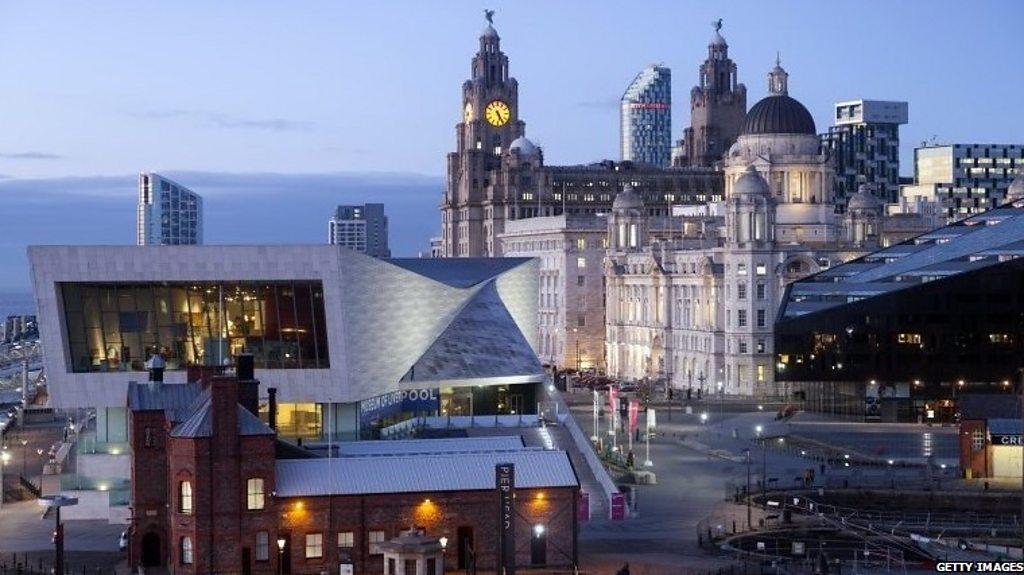
- Published6 November 2020
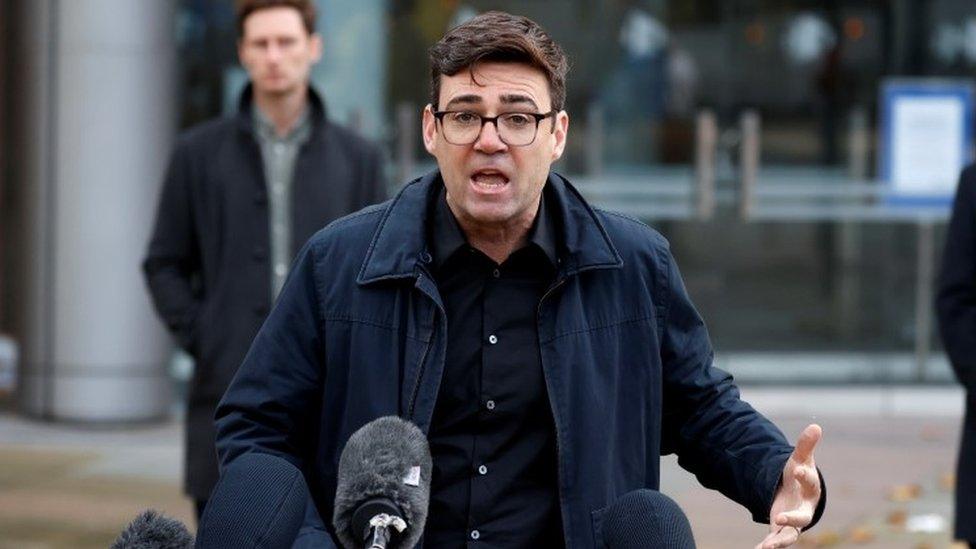
- Published17 February 2021
